As I mentioned in my last post, my husband recently commented to me that all of the books I read are depressing. I responded with Tolstoy’s famous quote: “Happy families are all alike; every unhappy family is unhappy in its own way.” Why would reading about happy families be interesting? The books would all be the same.
However, he does have a point: I seem to be drawn to books about depressing topics. I just finished The English Teacher, by Lily King, which, for the most part, is depressing. It’s about Vida, a fortysomething teacher at a small prep school who has raised her son alone since he was born. When her son is in high school (at the same school where she teaches), Vida accepts a marriage proposal from a local widower, and the book starts as her small family merges into his.
King is adept at recording the minute details of daily life, and her prose is filled with small observations that ring true and convey an immediacy to the reader. In particular, the sections retelling how Vida’s son, Peter, becomes acquainted with his new home and his stepfamily, are perfectly, painfully described, as are his later awkward experiences at an off-campus party.
The book contains a mystery element as well — who is Peter’s father and why hasn’t Vida ever told Peter about him? — but the answer to this question becomes obvious early on, and the moment of the great reveal to Peter is anticlimactic. My chief complaint about the book is that it unravels a bit about three-quarters of the way through, and then ties up just a bit too neatly at the end. (This is a complaint I have about many books). After getting emotionally involved with the characters and enjoying King’s wonderful writing, I was disappointed by an unrealistic turn of events and then a hasty finish.
Despite these complaints, however, I did like this book and would recommend it. I read and enjoyed another of King’s books a few years ago called The Pleasing Hour, another domestic drama about a family shaken up by the introduction of an au pair.
Here is one passage from The English Teacher that I particularly liked:
Memory does its work underground. Beneath consciousness, a past moment finds its kin all at once. Like a fish returned to its school, it frolics in remembered waters, and stirs up others. Above the surface, at first, there are only a few brief innocuous ripples which are all that you can allow yourself to know of the commotion below…
Has anyone else read any of Lily King’s books?

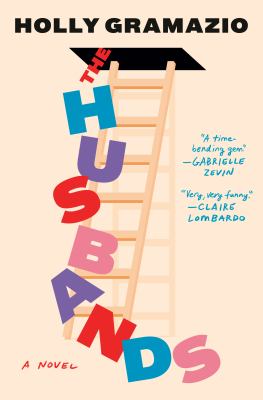






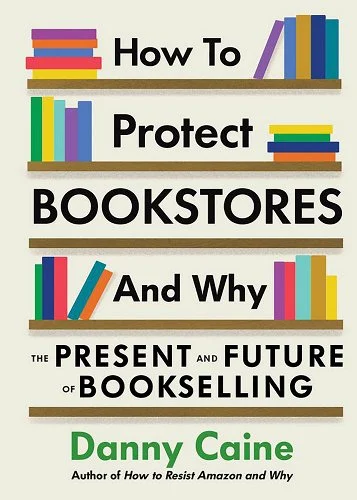
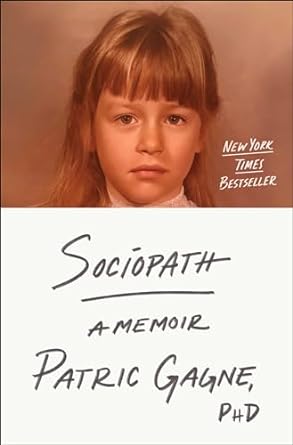
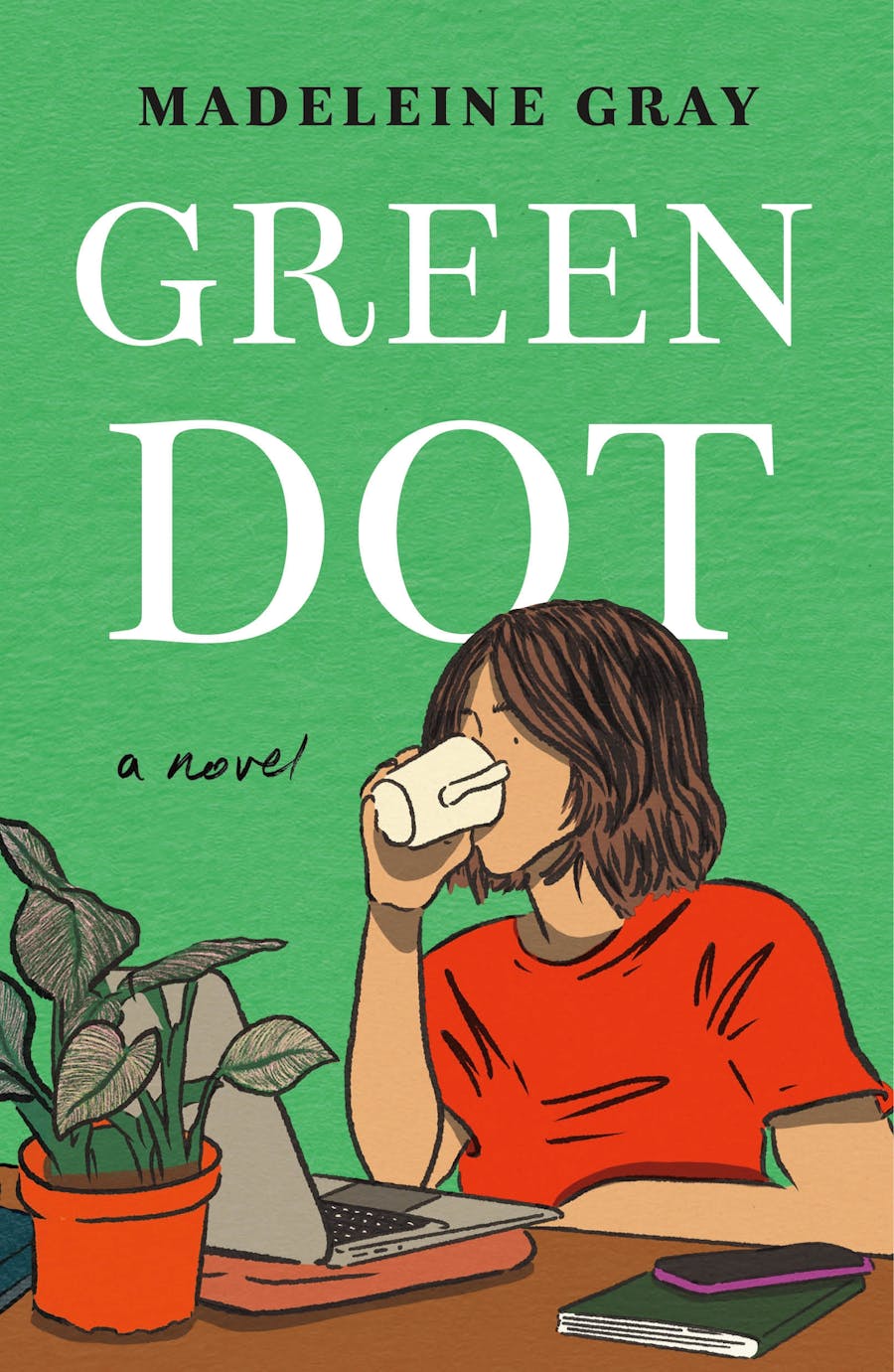


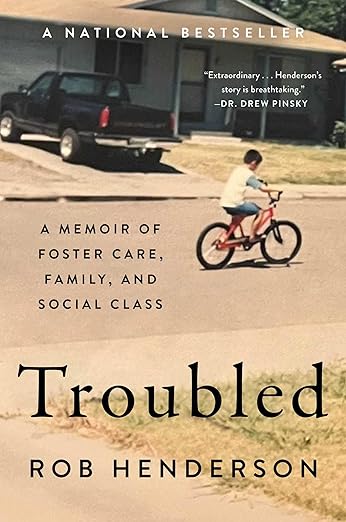
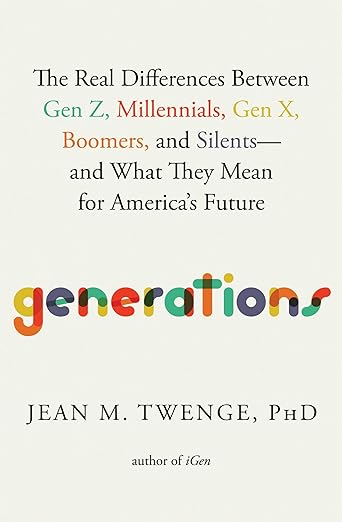
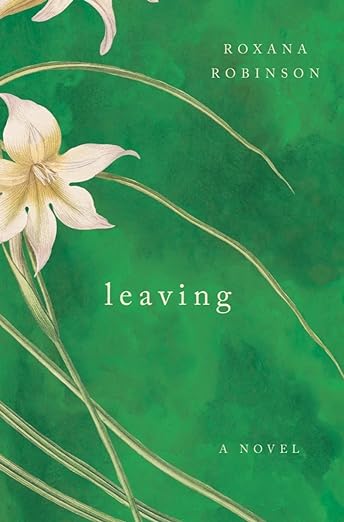

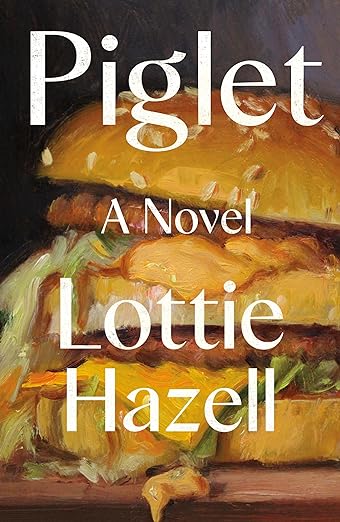

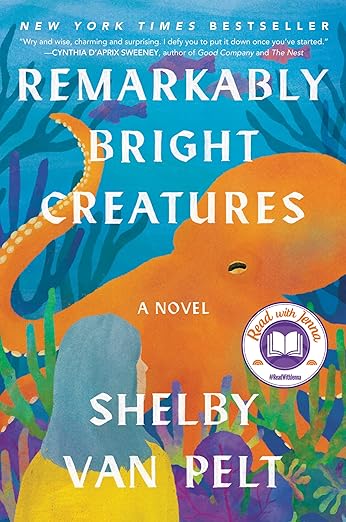
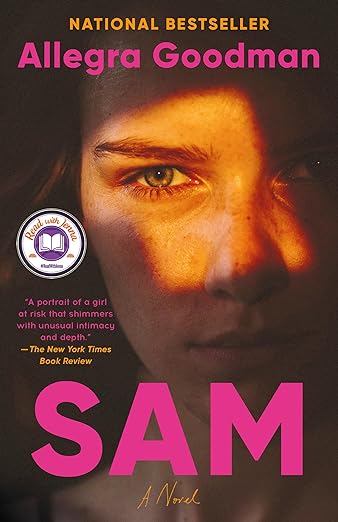



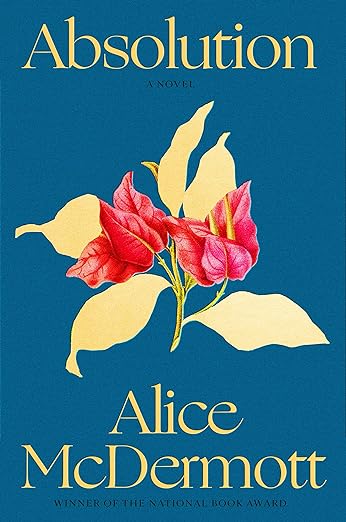

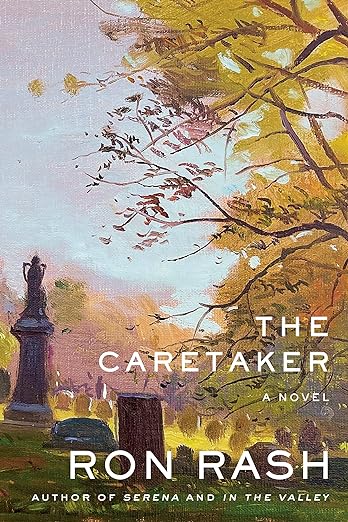

About Me
I have been blogging about books here at Everyday I Write the Book since 2006. I love to read, and I love to talk about books and what other people are reading.